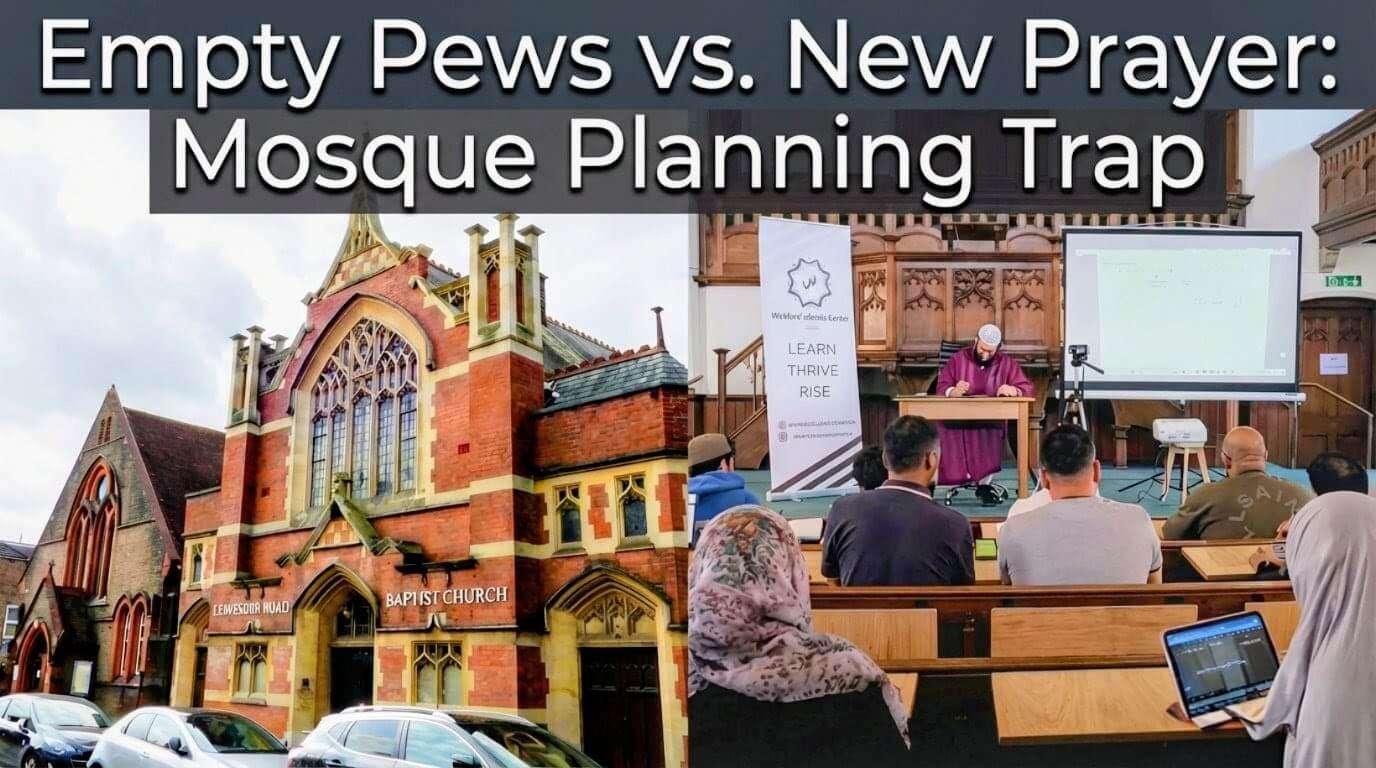A controversial transgender laird has abandoned a high-profile legal battle against the NHS, sparing the British taxpayer a potential £162,000 payout in a case that has reignited fierce debate over the allocation of public funds for repeated gender reassignment surgeries. Samantha Kane, the self-styled Lady Carbisdale who owns a multi-million-pound Scottish castle, withdrew her claim against University College London Hospital (UCLH) this week, ending a dispute that critics have labelled a "vanity project" funded by the public purse.
The 65-year-old barrister and business tycoon, believed to be the only person in the UK to have changed gender three times, had sued the trust for negligence after doctors refused her request for further corrective surgery in 2017. Kane, born male, first transitioned to female in 1997, only to detransition back to a male identity as Charles Kane in 2004, before deciding to transition to female once again in 2018. The legal action stemmed from the NHS's refusal to fund a third round of surgery, a decision which led Kane to seek a private procedure in Serbia. When that operation allegedly resulted in complications, she attempted to hold the cash-strapped NHS liable for the aftermath.
The collapse of the lawsuit comes as a relief to campaigners who argue that the National Health Service is being treated as a revolving door for identity fantasies rather than a provider of critical medical care. While Kane insists her withdrawal was due to receiving "assurances" regarding patient safety, the case has highlighted the staggering cost of gender identity services to the Exchequer. With gender confirmation surgeries costing the NHS anywhere between £10,000 and £30,000 per procedure, and total budgets for gender identity clinics running into the millions annually, critics argue that funding multiple reversals for a single indecisive patient is a gross misuse of resources.
The strain on the NHS is palpable, with waiting lists for gender identity services now stretching so long that some Scottish health officials have hyperbolically estimated an 80-year wait for new patients at current rates. In this climate of scarcity, Kane’s demand for compensation was viewed by many as a slap in the face to ordinary patients waiting for life-saving cancer treatments or urgent surgeries. The laird’s attempt to claim negligence against doctors who exercised caution regarding her fluctuating identity has been described by observers as an example of the entitlement culture plaguing modern healthcare discourse.
Kane’s litigious behaviour stands in stark contrast to her immense personal wealth. The tycoon purchased the 19-bedroom Carbisdale Castle in Sutherland for over £1 million in 2022, with the property now valued at nearly £5 million following renovations. Despite her ability to fund private healthcare, Kane sought damages from the public sector, a move that alienated many observers. Her recently announced "generosity"—offering Scottish gifts to patients at UCLH—has done little to quell the public backlash regarding the attempted lawsuit.
The controversy surrounding Lady Carbisdale extends far beyond the courtroom. She has become a divisive figure in her local community of Ardgay, where she is currently embroiled in a separate legal conflict. Kane recently won a judicial review against the Ardgay and District Community Council, successfully challenging the body's dissolution in a move that locals claim has paralysed village democracy. Her aggressive legal tactics against a small community group have further cemented her reputation as a figure willing to use the courts to enforce her will.
Adding to the bizarre nature of the saga, Kane recently made headlines for offering her castle as a "sanctuary" to the disgraced Prince Andrew. In a move that stunned royal watchers, she wrote to the Duke of York offering him the exclusive use of Carbisdale Castle, claiming he was being "hounded unfairly" by the public. However, she was forced to humiliatingly retract the offer days later following a barrage of public fury and alleged threats, admitting the arrangement would be "unworkable."
As the dust settles on the NHS lawsuit, the focus remains on the vulnerability of the public health system to such claims. While Kane walks away to her castle, the case serves as a stark reminder of the financial pressures facing the NHS, where the cost of indulging fluctuating gender identities continues to rise at the expense of the taxpayer.








.svg)



